The Expansion in Detail
The order-out corridor grants courts the power to ban people convicted of minor offenses like battery and trespassing from specific tourist zones. The amendment adds 29 acres of north and west downtown areas. By expanding the boundaries, Las Vegas aims to reduce crime rates without resorting to long jail sentences. Jeff Dorocak, Las Vegas City Attorney, cited that the ordinance is aimed at keeping repeat offenders off a pattern of cycling through the criminal justice system for misdemeanors.
Legal Concerns
The ACLU is critical of the policy’s expansion, pointing out concerns of its violation of the First Amendment rights. The civil rights group argues that the amendment is premature, considering that a legal battle against a similar ordinance in Clark County has yet to be resolved. It refers to the case of Ackeem Ramsay, who was banned from a resort corridor in the county while on supervised probation. The group uses the case as an example of how such ordinances could violate people’s freedom of movement and expression in public spaces.
Measurable Results
Since its introduction in 2023, the order-out corridor has shown trackable results. In July, the city council received data that underscored a 10% drop in crime reports in the Fremont Street corridor. Adam Seely, Metro Police Captain, noted the significant drop in crime incidences: “We’re talking about fewer victims of crime,” Seely stated. “I do believe it is a result of the partnership and the policing that we’ve been doing in both areas.”
.svg)

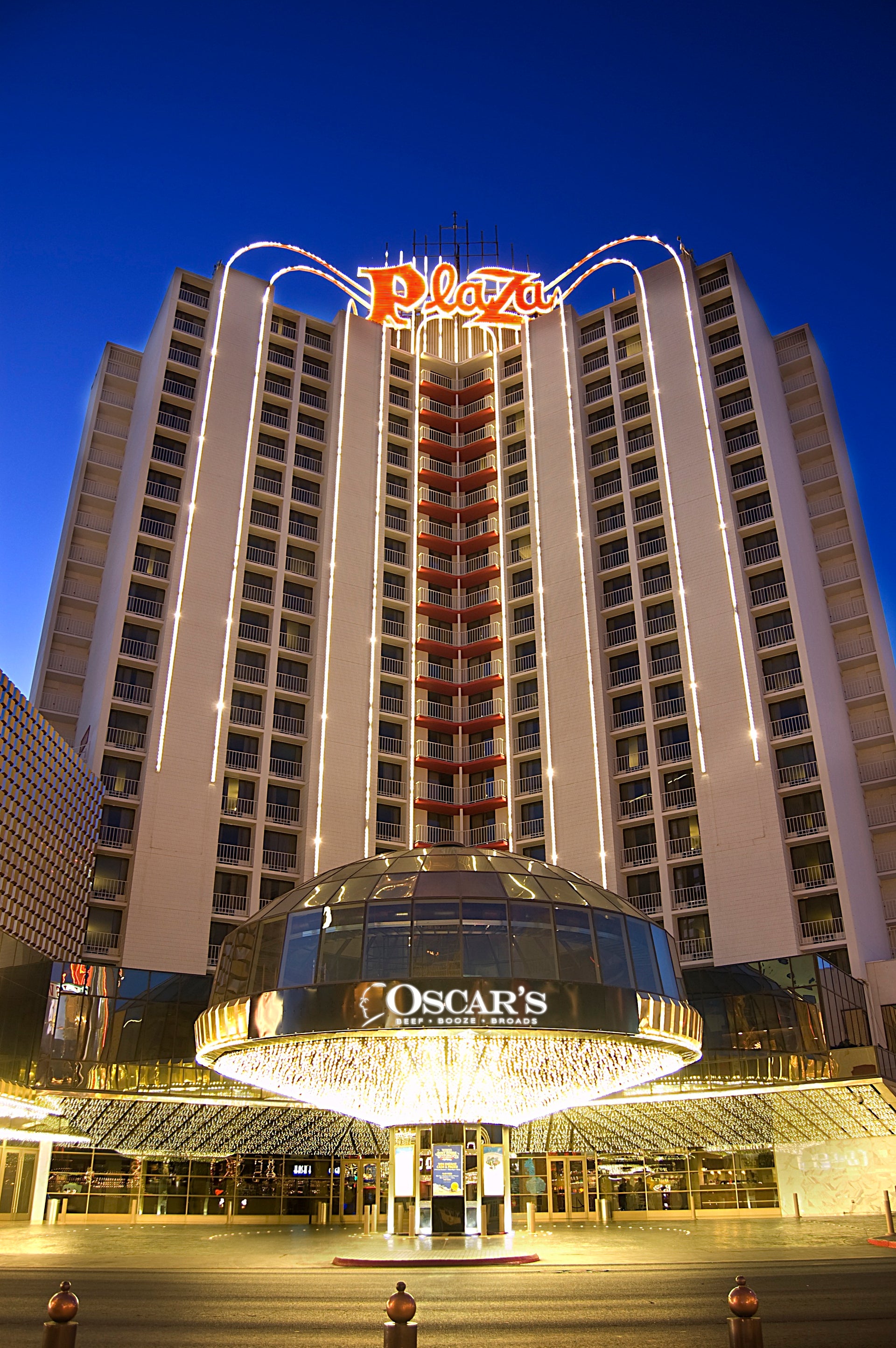


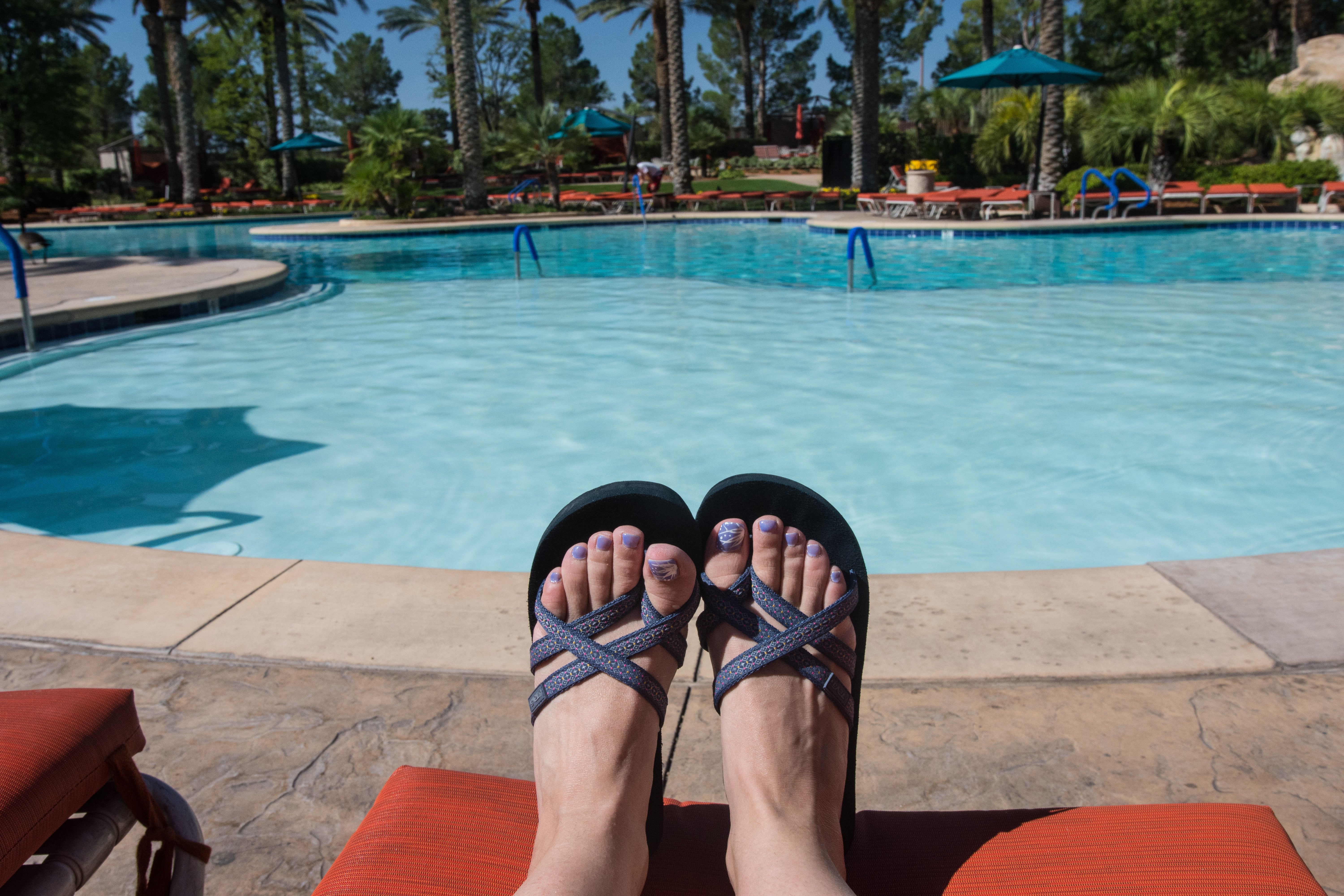
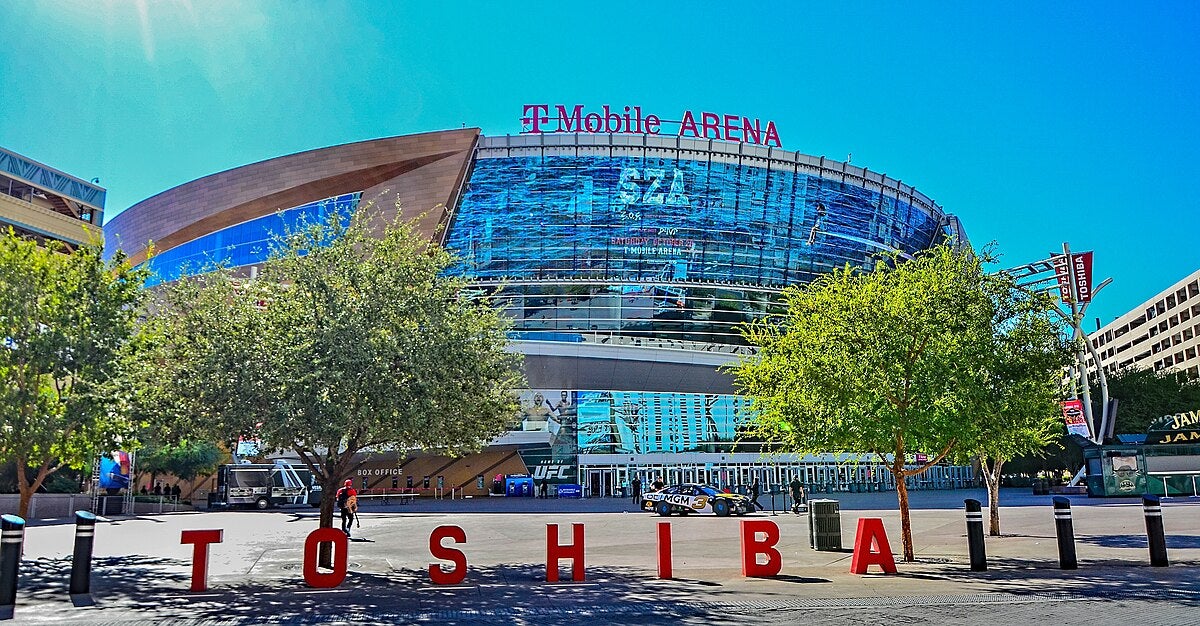
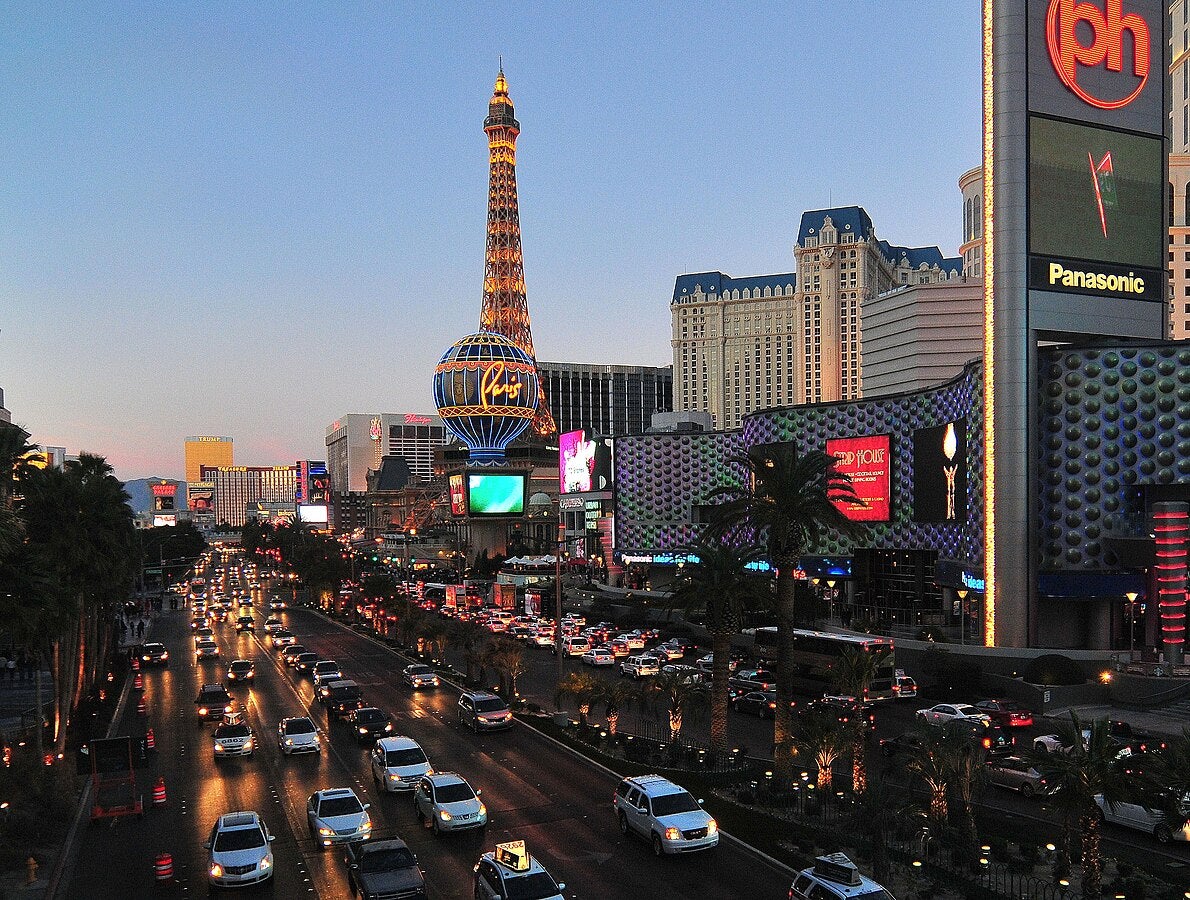
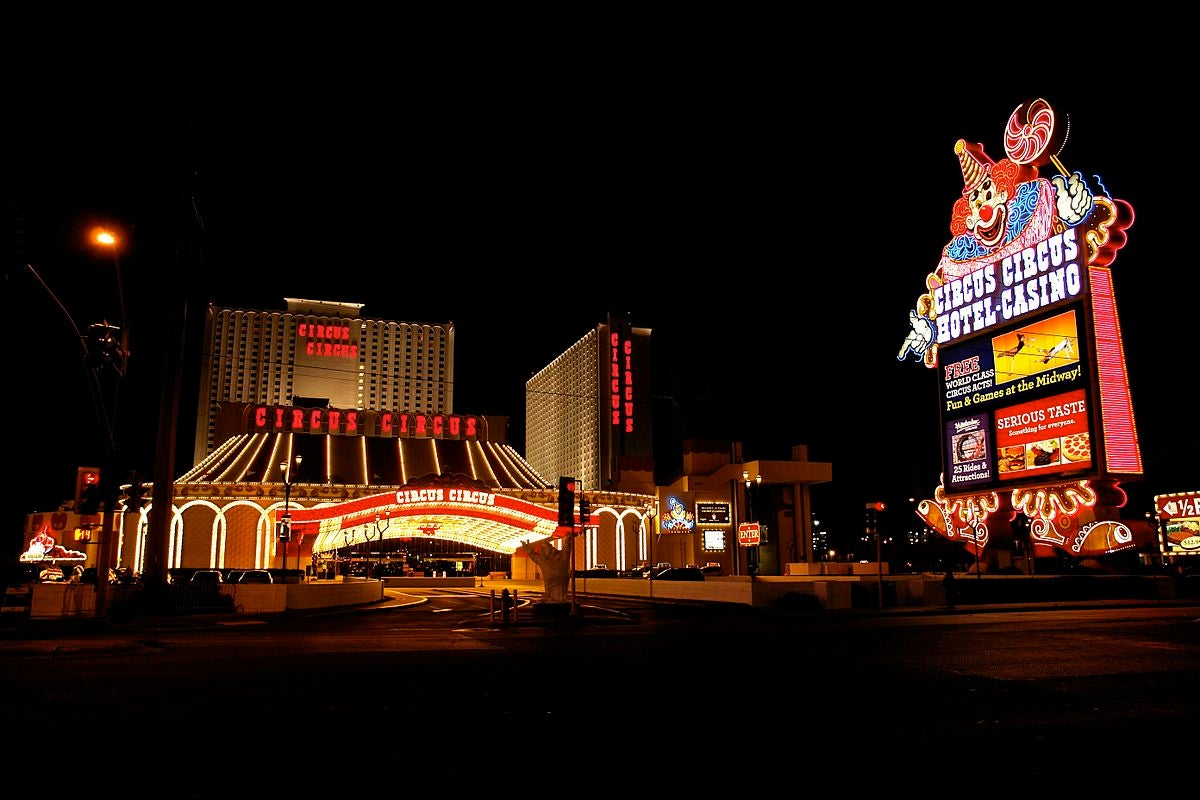
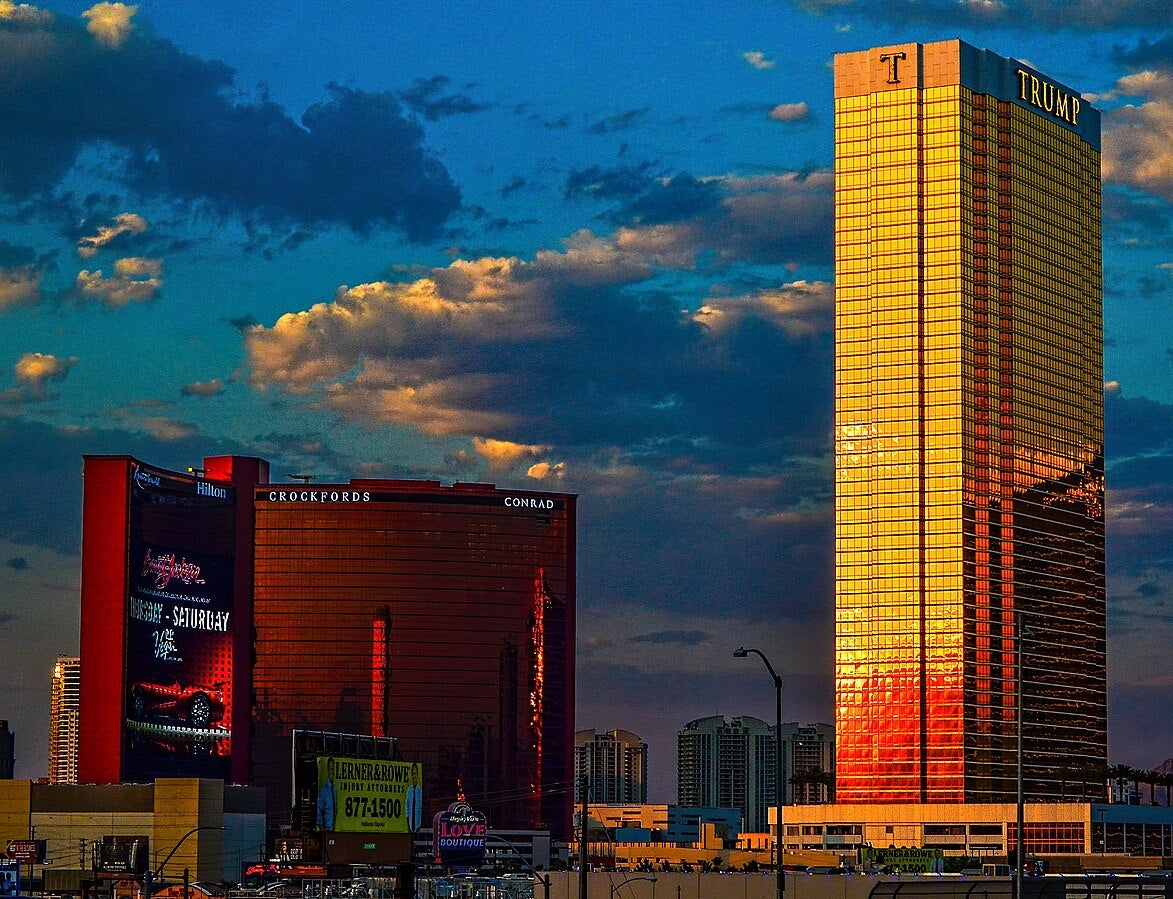
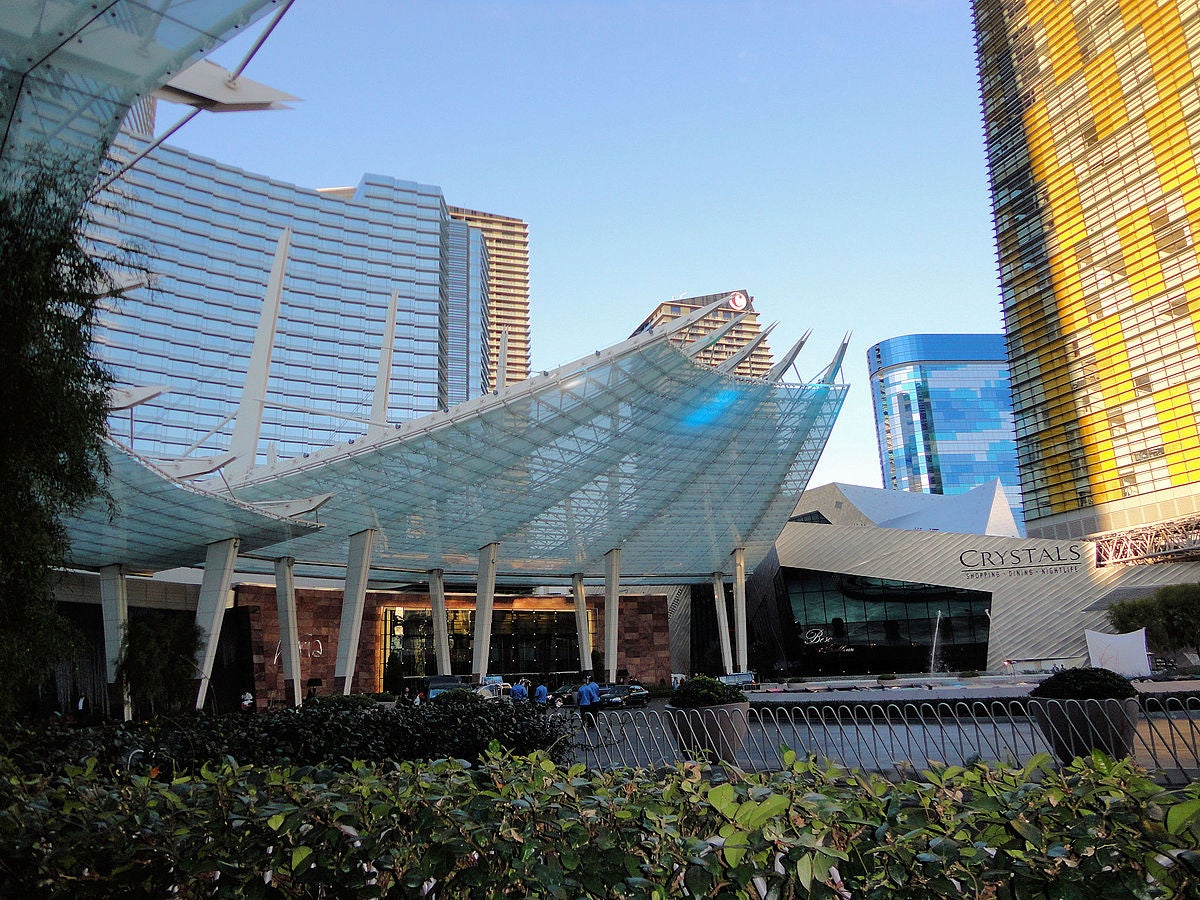
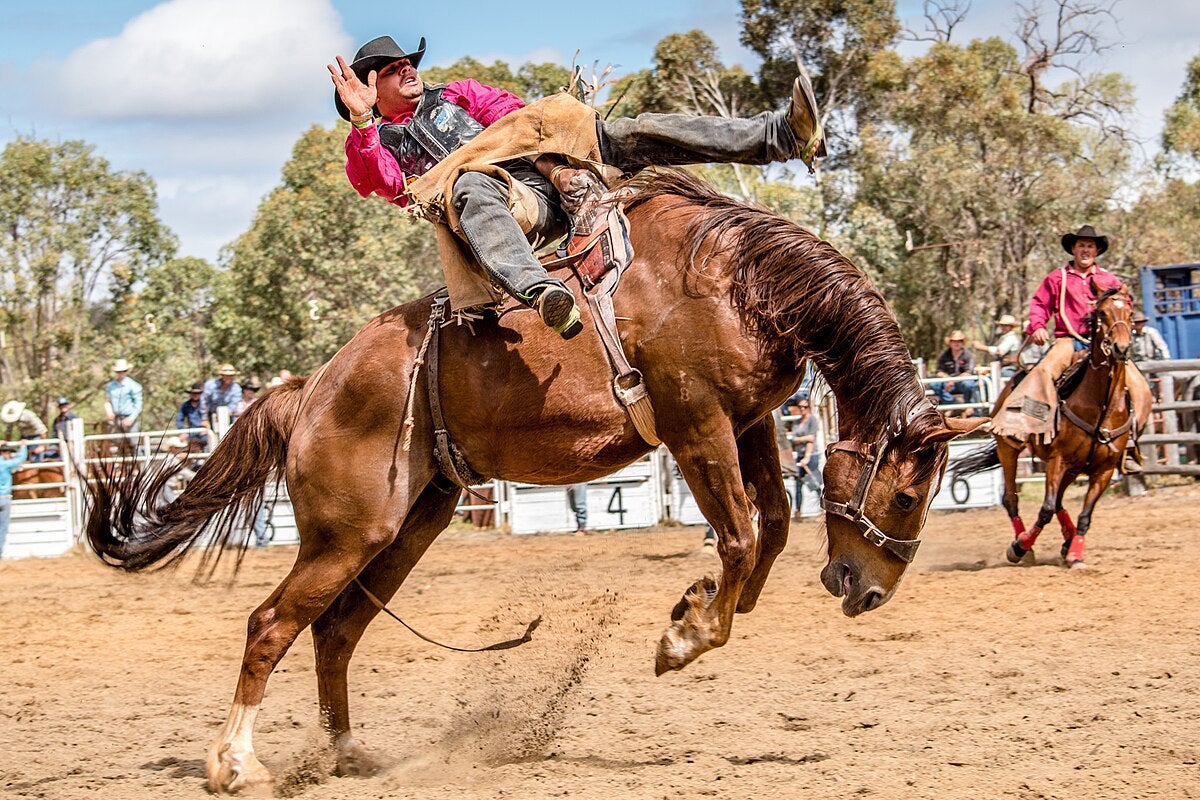

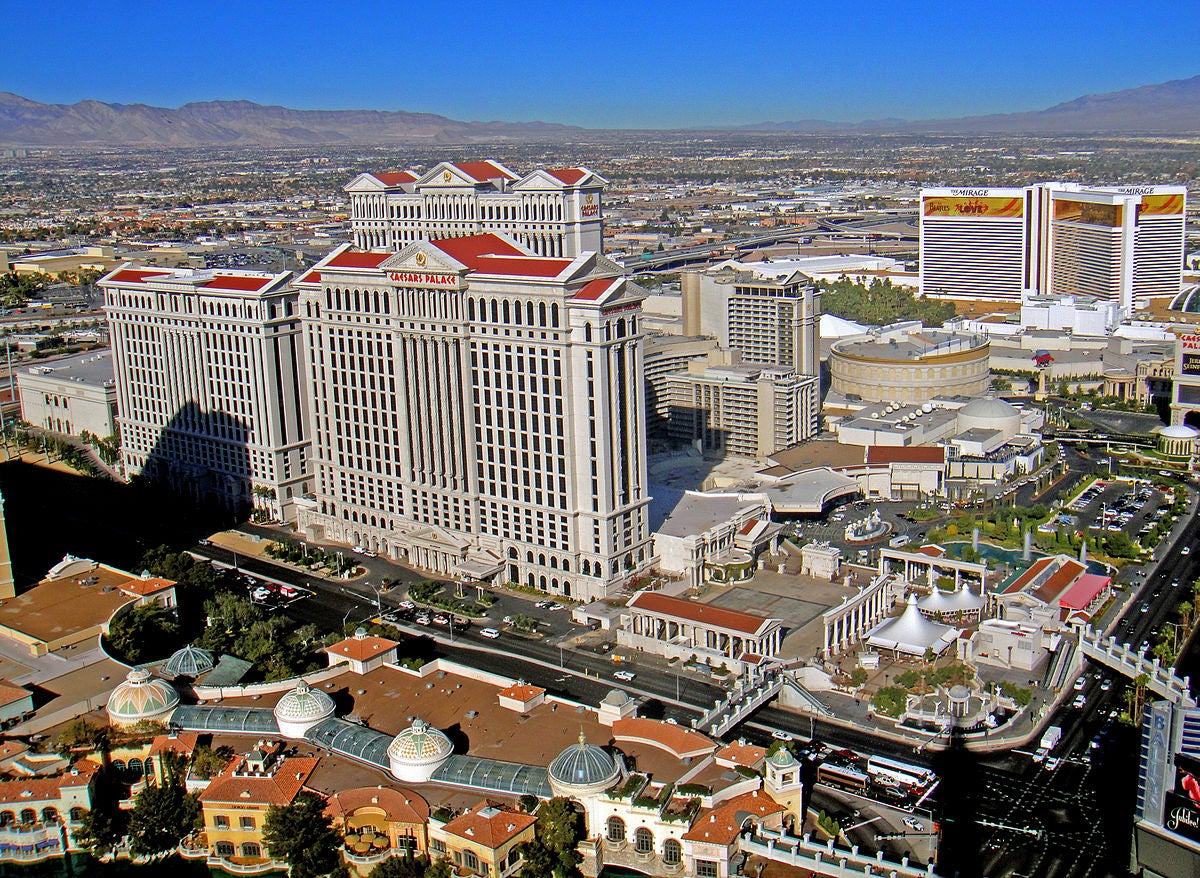
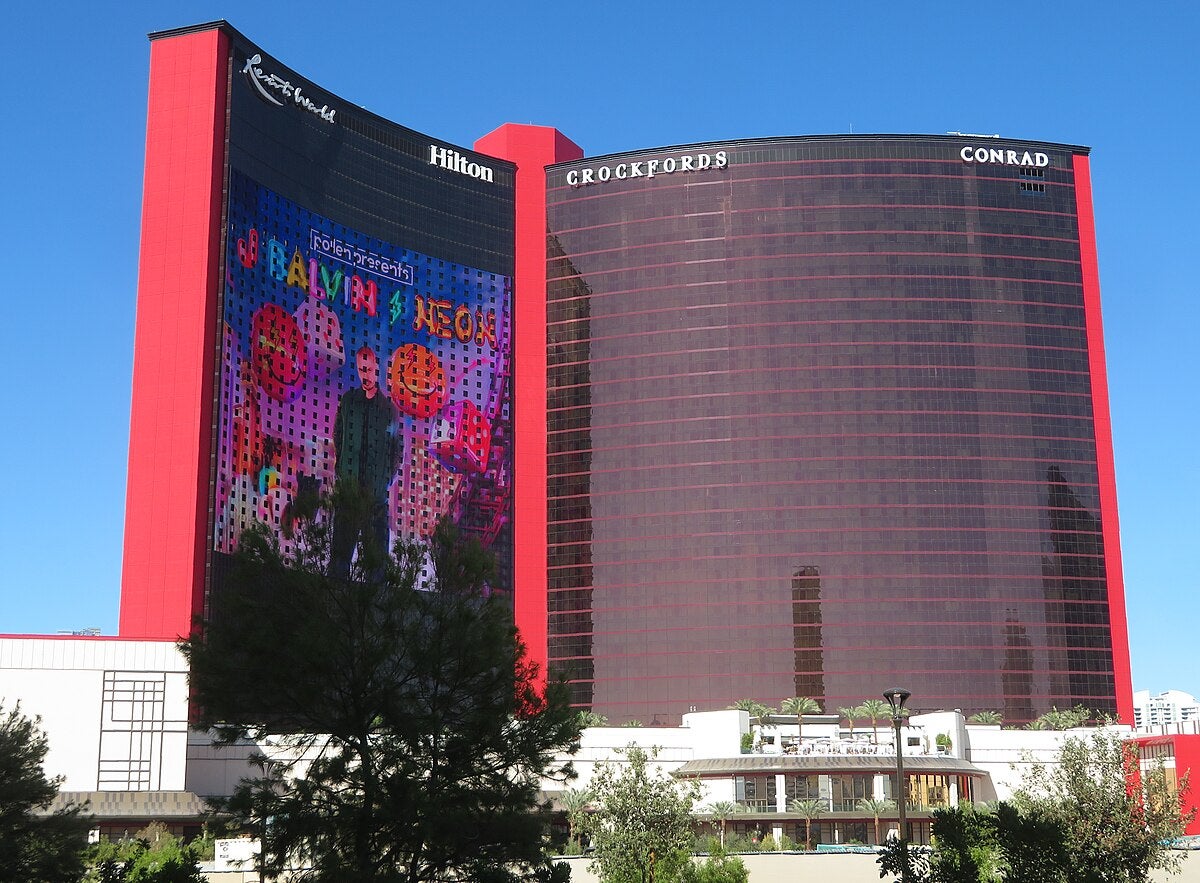
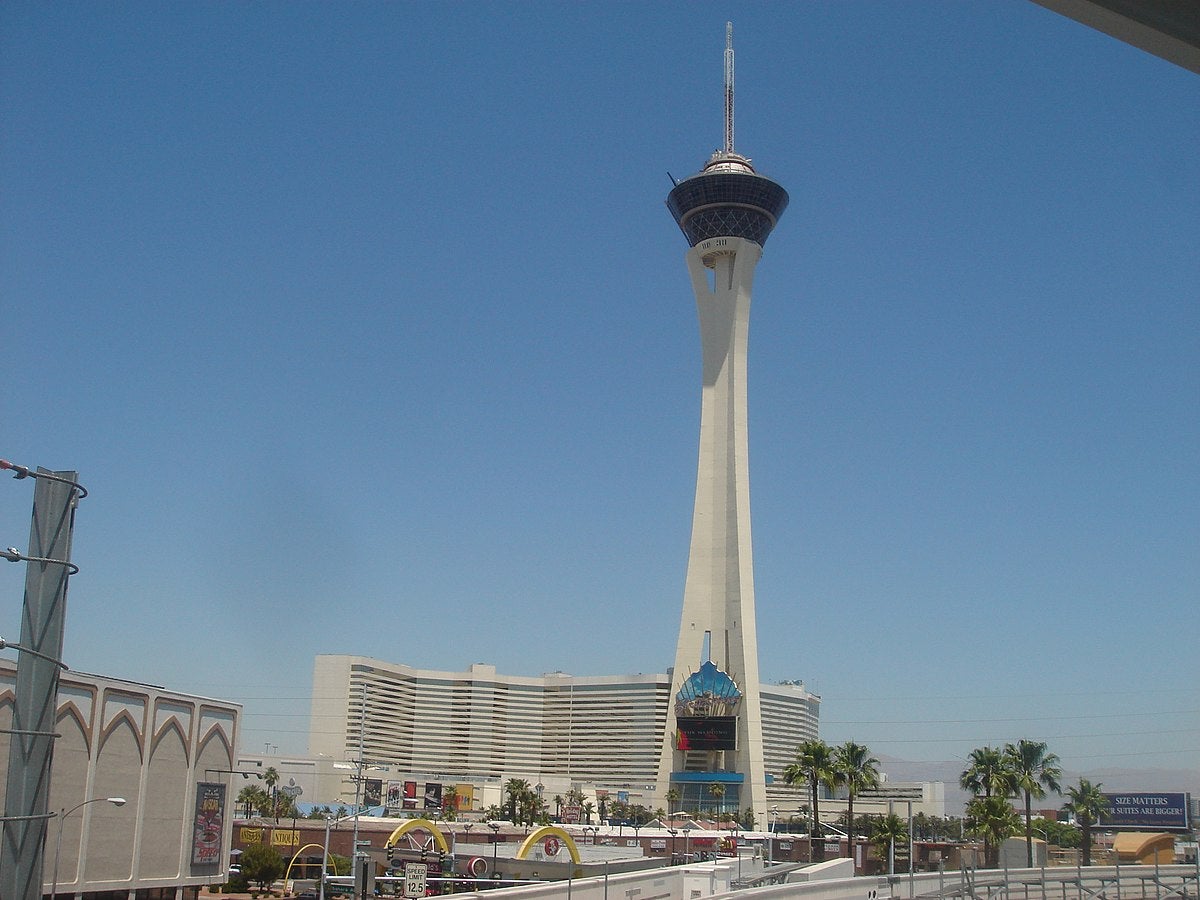
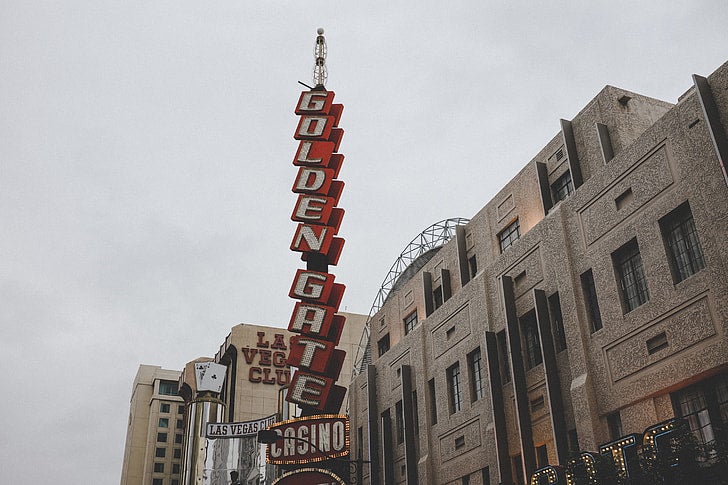
.jpg)
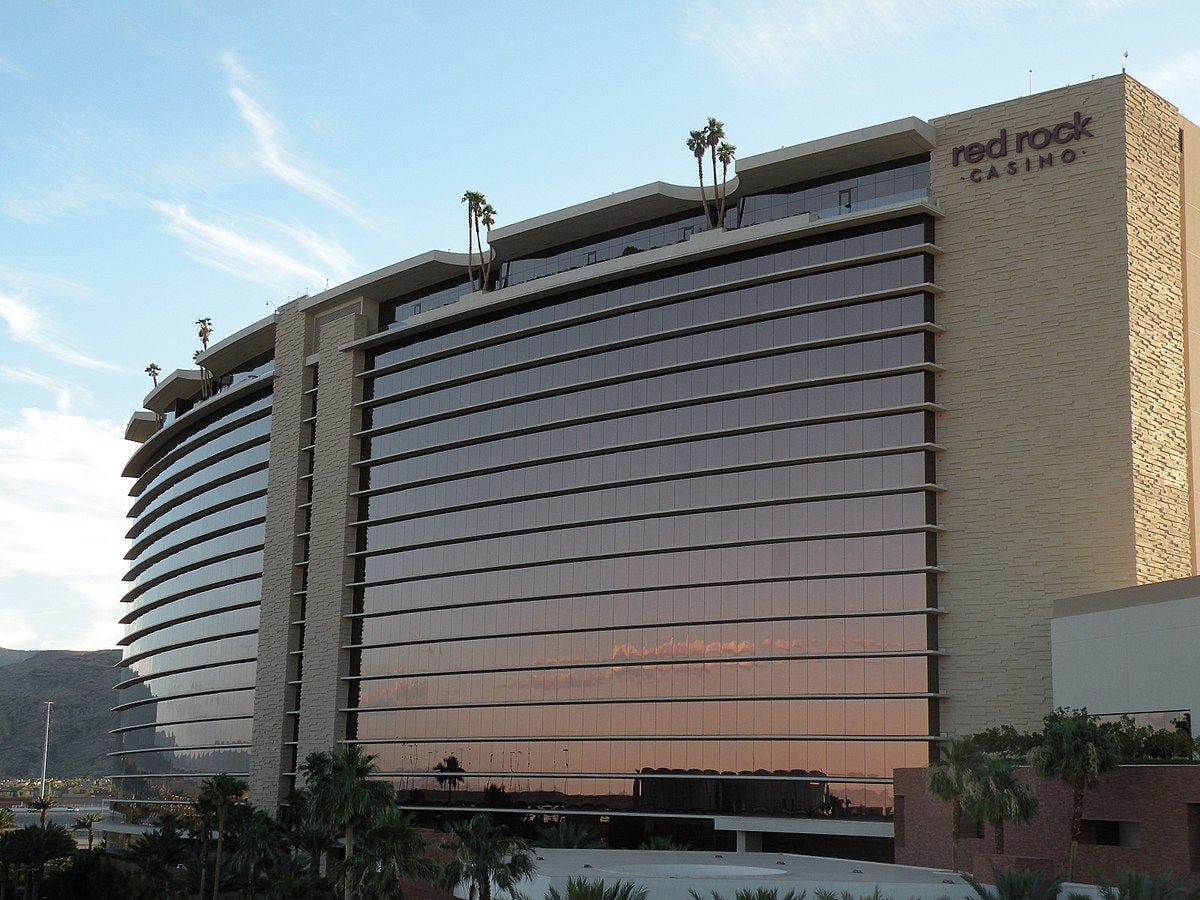
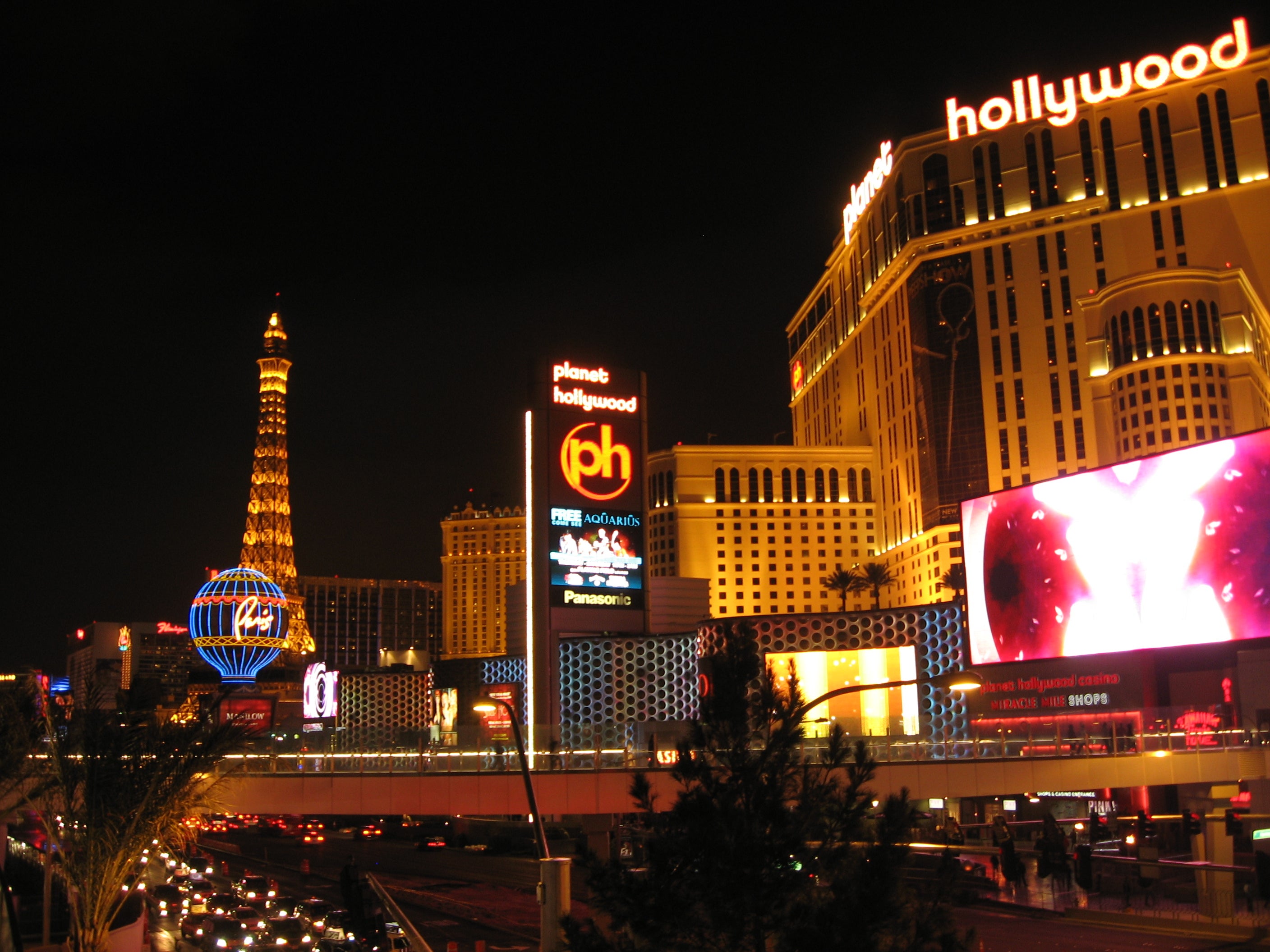
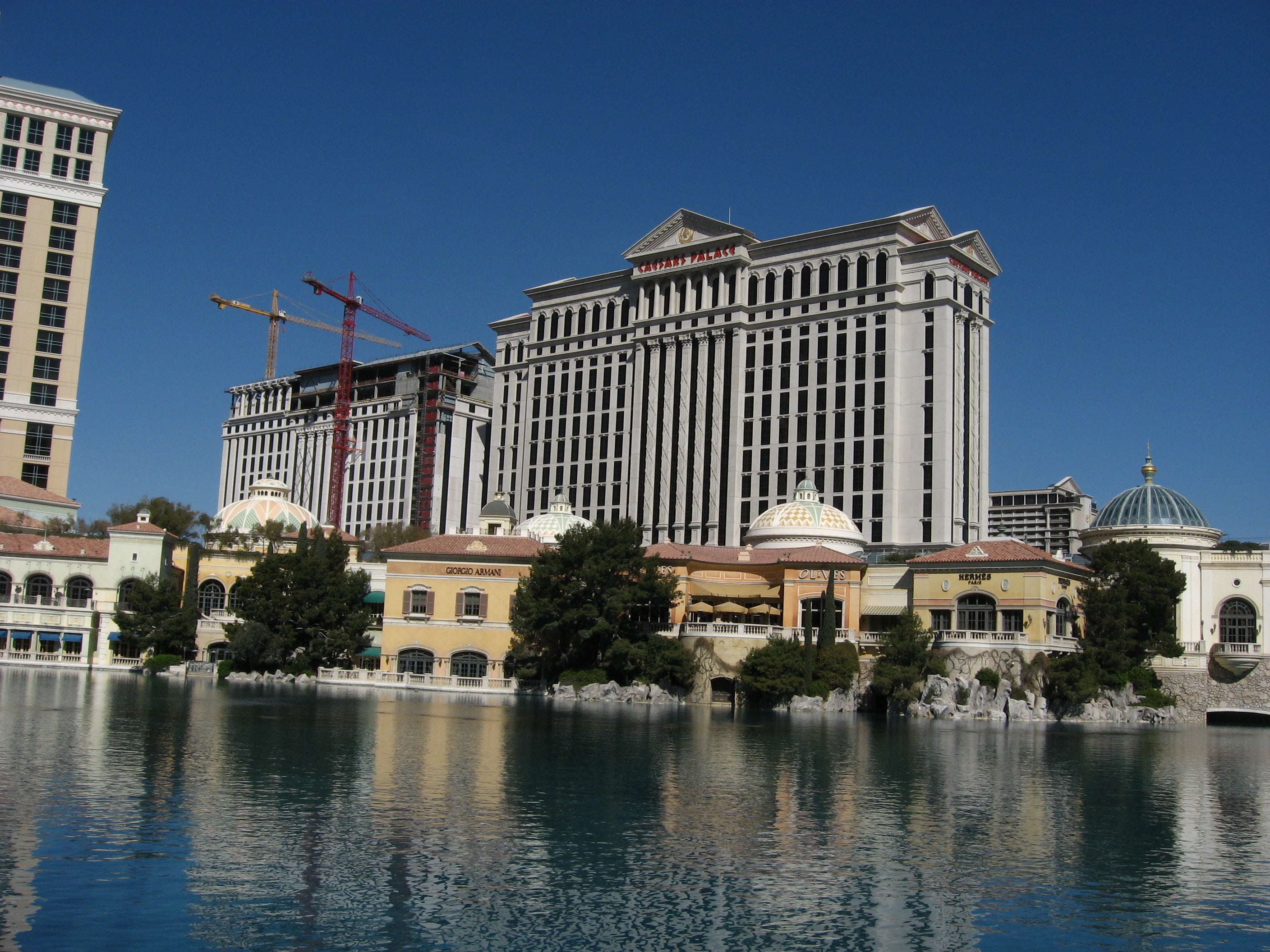
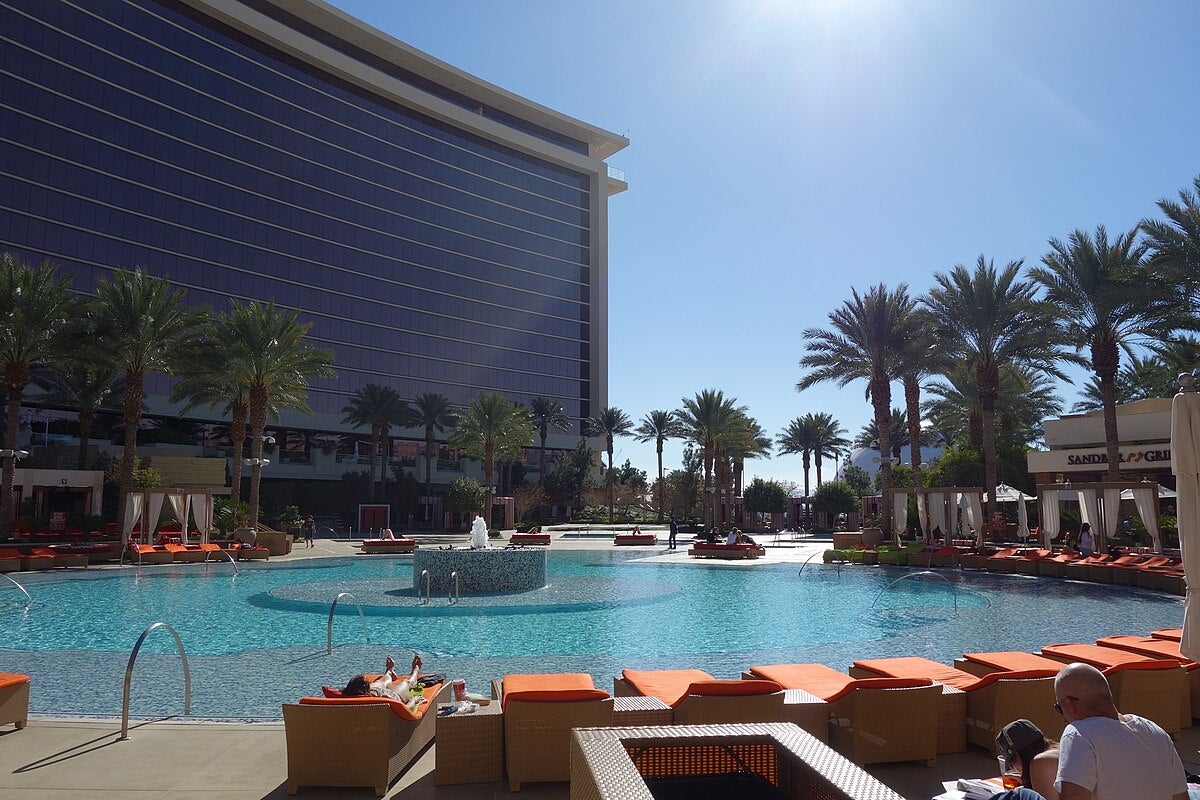
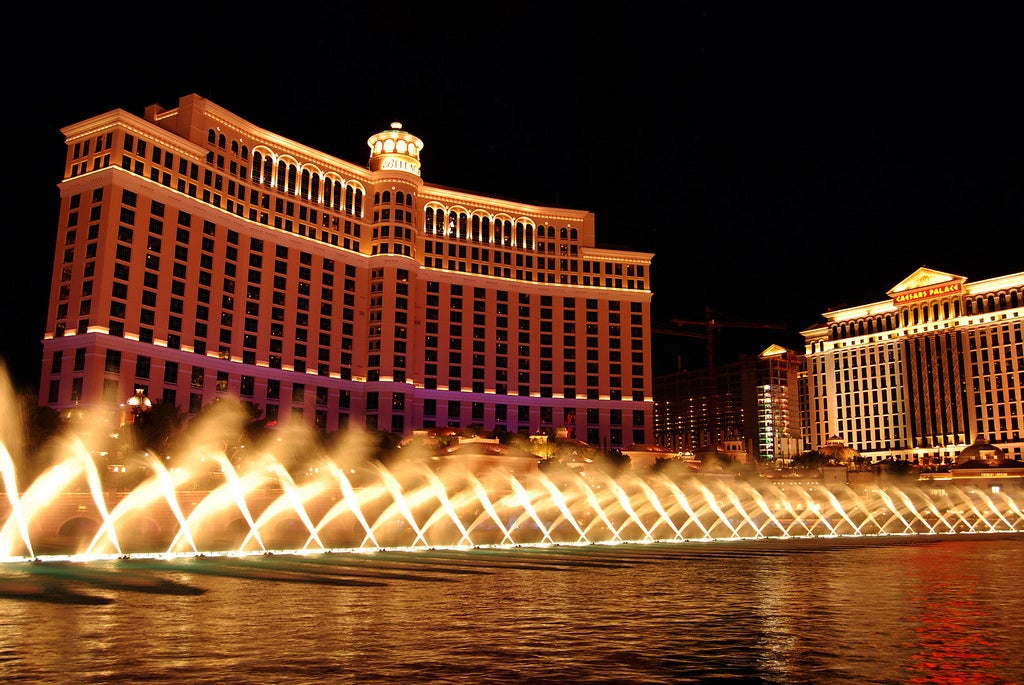
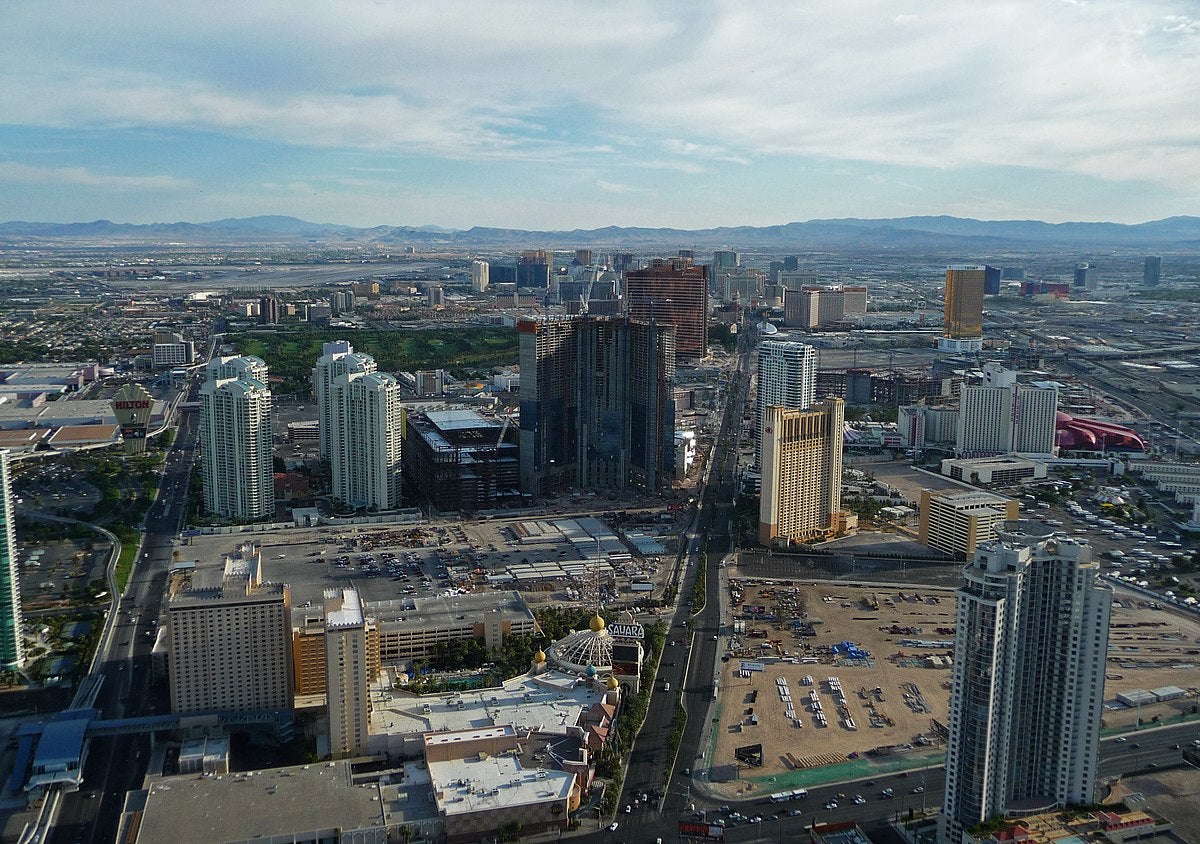
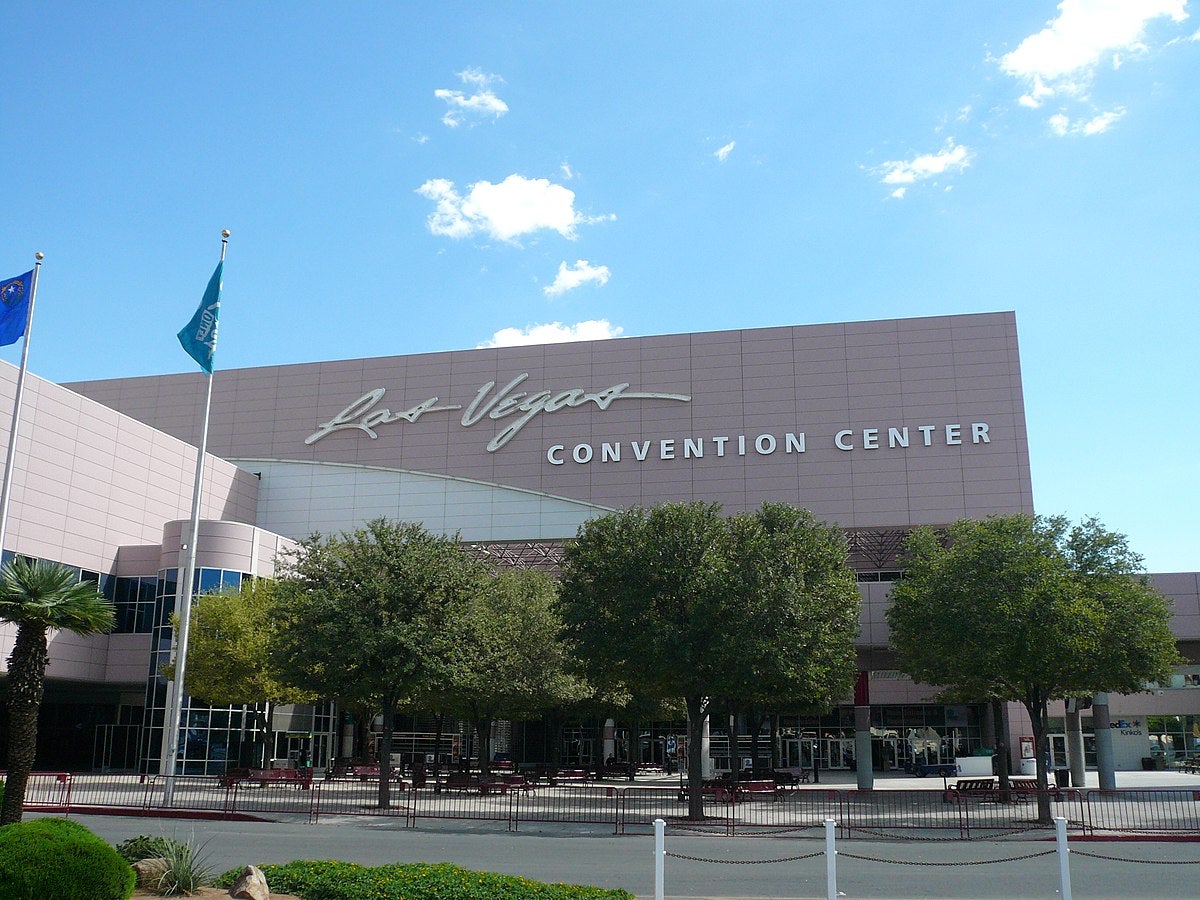
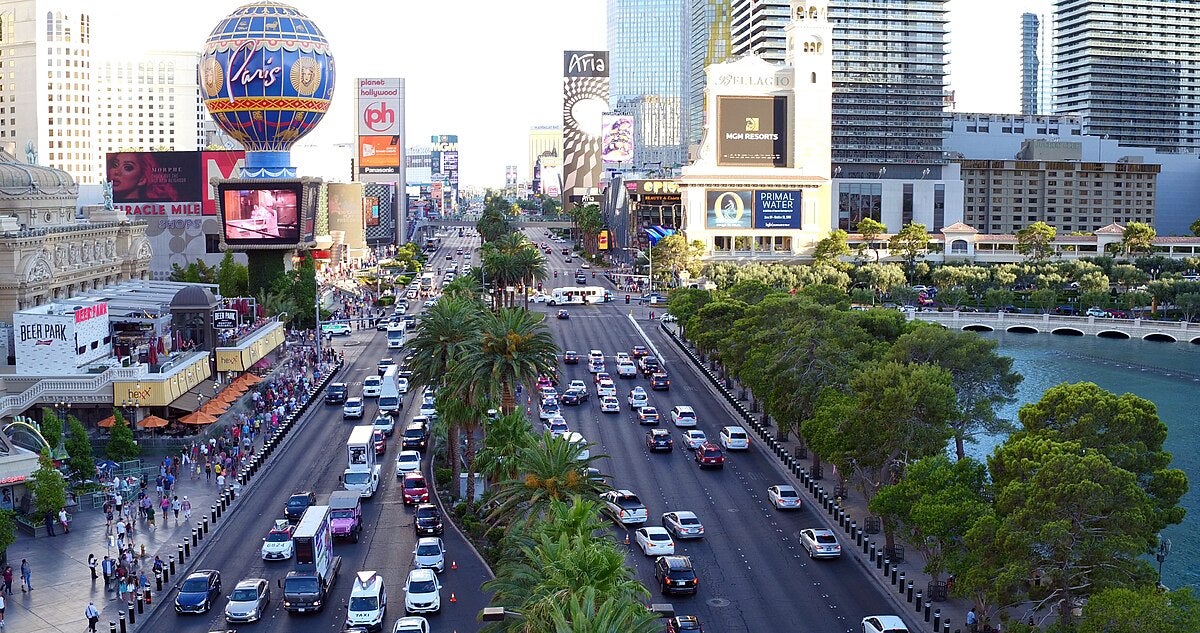


_-_an__All-American_Road_,_a_scenic_route...by_day_and_especially_by_night_(49686549532).jpg)


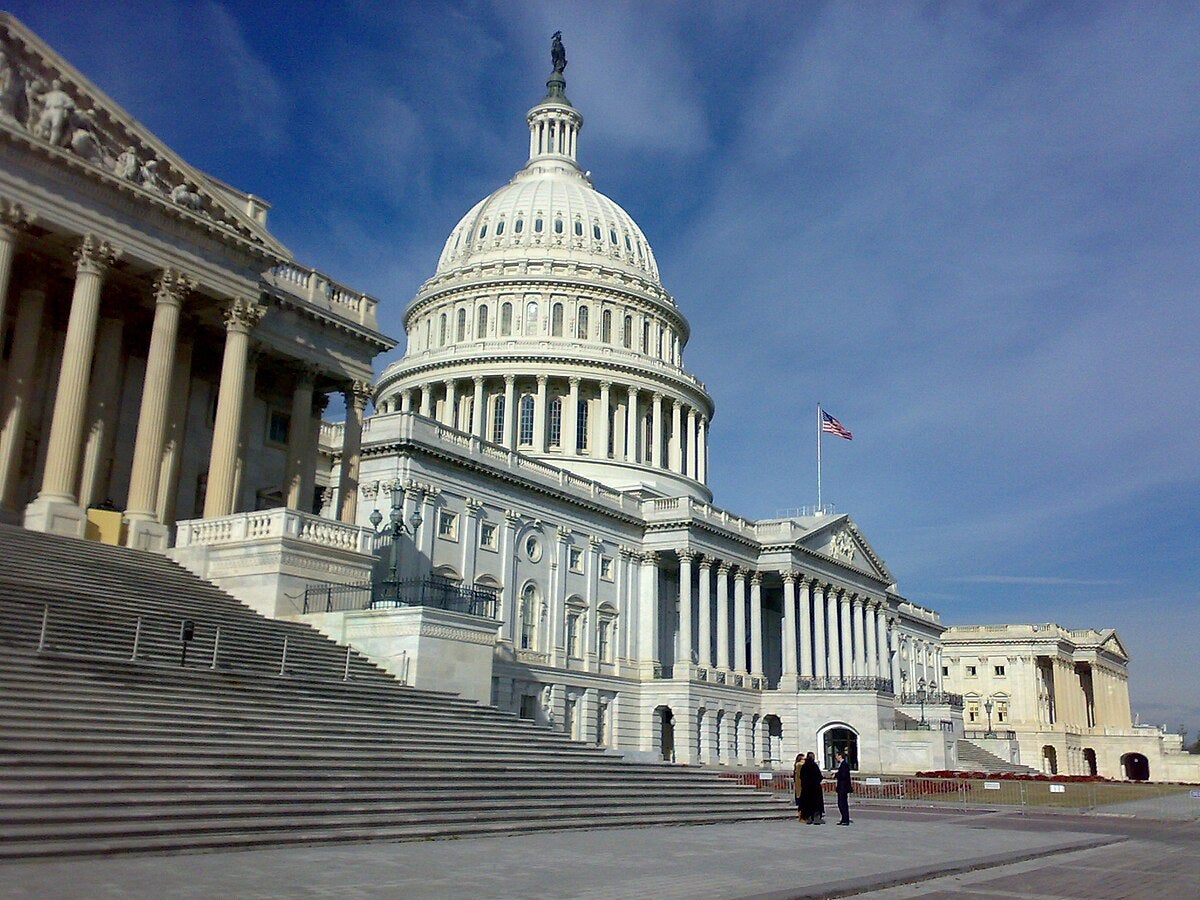

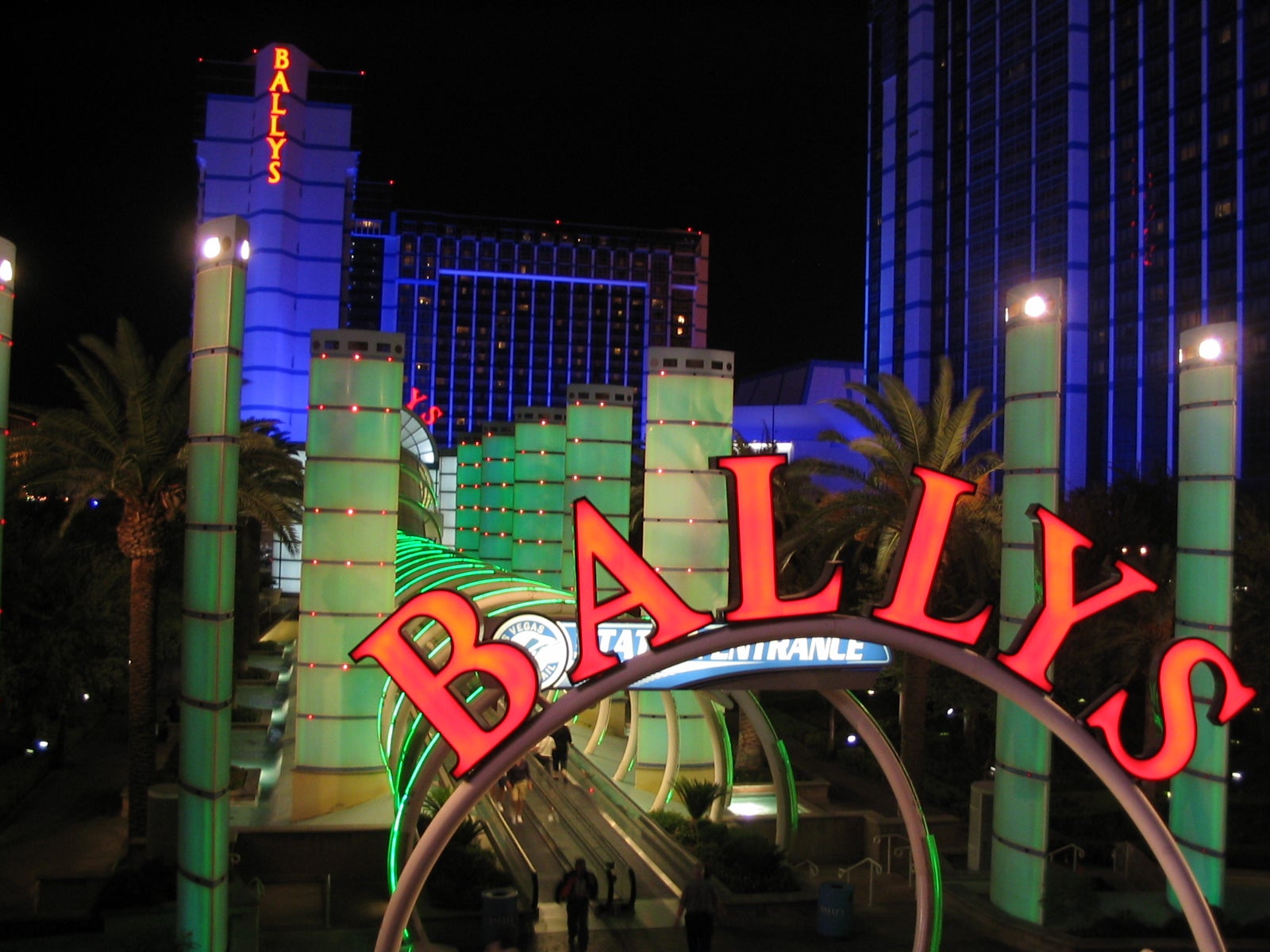

.jpg)
